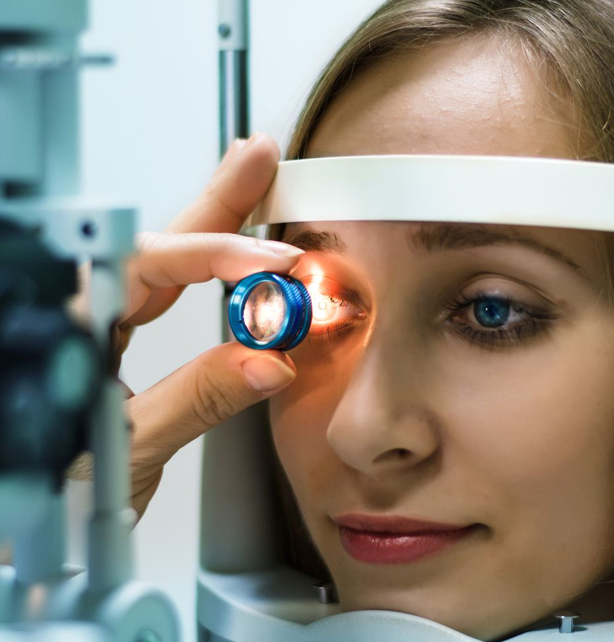Understanding Glaucoma: Causes, Symptoms, and Treatments
Glaucoma is a group of eye diseases that can cause vision loss and blindness by damaging the optic nerve. It is often associated with increased pressure in the eye. In this article, we’ll discuss the types of glaucoma, their symptoms, and available treatment options.
Types of Glaucoma
- Open-angle glaucoma: The most common type, which occurs when the drainage canals become clogged over time, causing increased eye pressure.
- Angle-closure glaucoma: Less common and occurs when the iris bulges forward, narrowing or blocking the drainage canals.
- Normal-tension glaucoma: Optic nerve damage occurs despite normal eye pressure.
- Congenital glaucoma: Present at birth due to improper development of the eye’s drainage canals.
Symptoms of Glaucoma
- Gradual loss of peripheral vision (in open-angle glaucoma)
- Sudden eye pain, headache, nausea, and vomiting (in angle-closure glaucoma)
- Blurred vision
- Halos around lights
- Reddening of the eye
Risk Factors for Glaucoma
- Age (over 60)
- Family history of glaucoma
- Certain medical conditions (diabetes, heart disease, high blood pressure)
- Long-term corticosteroid use
- Severe eye injury
Diagnosing Glaucoma
Your eye care professional will conduct a comprehensive eye exam, which may include:
- Measuring intraocular pressure (tonometry)
- Checking for optic nerve damage (ophthalmoscopy)
- Testing your peripheral vision (visual field test)
- Measuring the thickness of your cornea (pachymetry)
- Inspecting the drainage angle (gonioscopy)
Treating Glaucoma
Treatment for glaucoma aims to lower eye pressure and prevent further damage to the optic nerve. Options include:
- Eye drops: Prescription eye drops can help reduce eye pressure by improving fluid drainage or decreasing fluid production.
- Oral medications: In some cases, oral medications may be prescribed to lower eye pressure.
- Laser therapy: Laser treatments can help improve fluid drainage in the eye.
- Surgery: If other treatments are ineffective, surgery may be necessary to create a new drainage channel or remove tissue to improve fluid outflow.
Frequently Asked Questions
Q: Can glaucoma be prevented?
A: While there’s no sure way to prevent glaucoma, regular eye exams can help detect the disease early, allowing for timely treatment to prevent vision loss.
Q: Is glaucoma hereditary?
A: Having a family history of glaucoma increases your risk of developing the disease. If you have a family member with glaucoma, it’s important to have regular eye exams.
Q: Can vision lost from glaucoma be restored?
A: Unfortunately, vision loss from glaucoma is permanent. However, with early detection and proper treatment, further vision loss can be prevented or slowed down.
If you are experiencing any symptoms of glaucoma or have risk factors for the disease, it’s crucial to schedule an appointment with an eye care professional. They can provide a proper diagnosis and develop a personalized treatment plan to help protect your vision.
